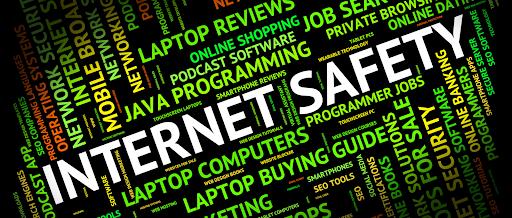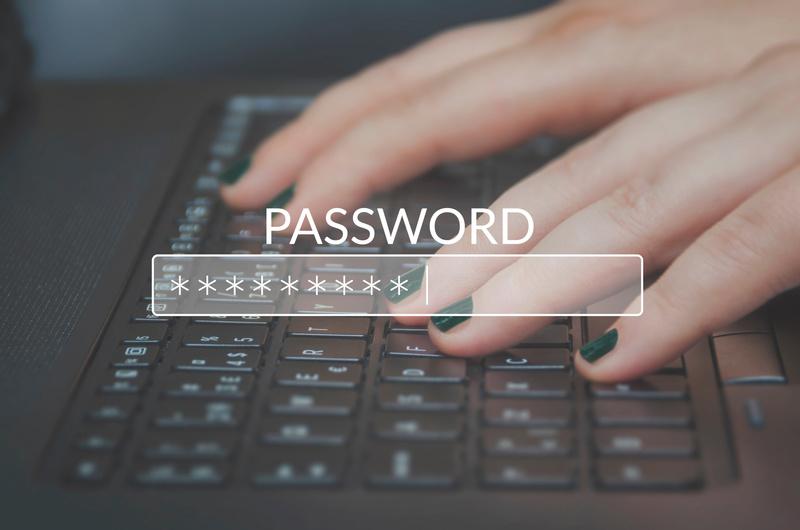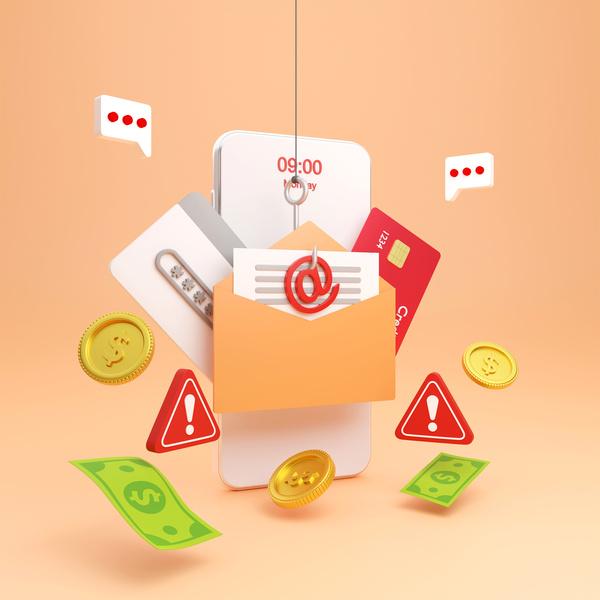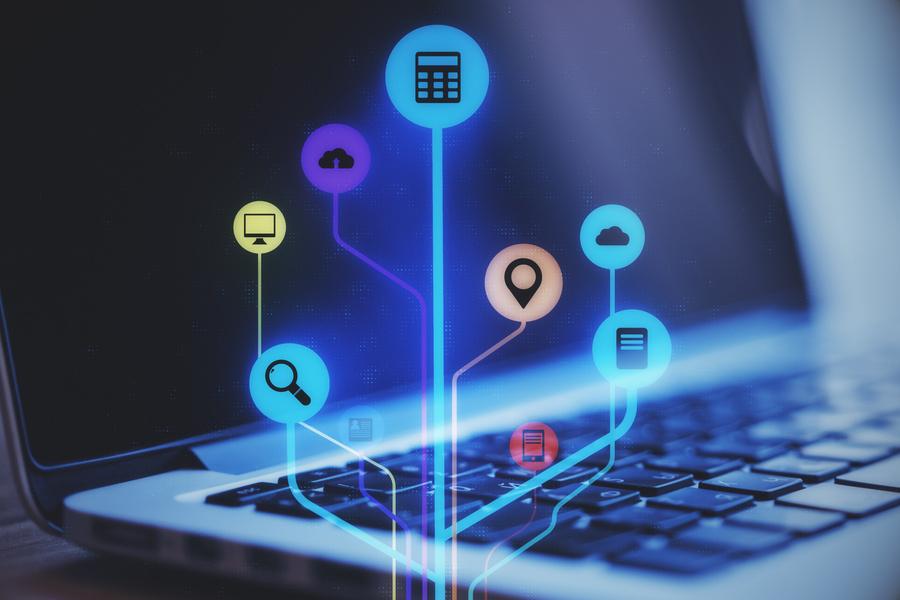
5 minute read
Being Secure and Safe on the Internet
by: Abidel Bassie-Cripps
There are many ways that the average user can protect themselves. Then there are some more advanced options for those individuals that truly want to be safe. And much of it will be covered on these articles.
Advertisement

To be honest and brief, the best way to be safe is to not be connected to the Internet at all. However, with today’s technology and culture, this option is not going to work for most people.
TO BE INTERNET SAFE, IT IS VERY IMPORTANT TO TAKE A FEW EXTREME PRECAUTIONS:

Use strong, unique passwords for all of your accounts and enable two-factor authentication whenever possible.


Be careful about the information you share online, especially personal information such as your name, address, phone number, and birthdate.
Avoid clicking on links or downloading attachments from unknown sources, a they may contain malware or phishing scams


Use a reputable antivirus software to protect your devices from malware and other online threats.

Use a virtual private network (VPN) when accessing the internet on public Wi-Fi to protect your data from being intercepted by others.

Be cautious when using social media and be mindful of the information you share and with whom you share it.
Be aware of scams and fraudulent activities online and do not give out personal or financial information to unknown parties.
By following these guidelines, you can begin to help protect yourself and your devices from online threats. Contact me for recommend services to help you be protected

Time and time again, I help people after the fact with their bad situation as a result of not taking heed to the supplied advice. It is always be my intention to provide proactive steps to keep everyone protected.

In these four articles I will dive deeper into several of the above topics to help understand the importance of them and what they do for you. Lets start with the biggest and most important step in securing yourself and that is having a strong password and two-factor authentication
WHAT MAKES A STRONG PASSWORD?
A STRONG PASSWORD IS ONE THAT IS DIFFICULT FOR OTHERS TO GUESS OR CRACK. HERE ARE SOME TIPS FOR CREATING STRONG PASSWORDS:
01
USE A COMBINATION OF LETTERS, NUMBERS, AND SOME SPECIAL CHARACTERS
USE AT LEAST 8 CHARACTERS, BUT THE LONGER THE BETTER I RECOMMEND AT LEAST 12 CHARACTERS
AVOID USING PERSONAL INFORMATION SUCH AS YOUR NAME, BIRTHDATE, OR ADDRESS
AVOID USING COMMON WORDS OR PHRASES. USE A PASSWORD MANAGER TO GENERATE AND STORE STRONG, UNIQUE PASSWORDS FOR ALL OF YOUR ACCOUNTS
By following these guidelines, you can create strong passwords that are more secure and less likely to be compromised It is also important to use different passwords for different accounts and to update your passwords regularly
Don’t forget to enable two-factor authentication whenever possible.
Another point to consider is to NOT save your passwords in your computer or browser. As any hacker can access them and then you are going to have many more issues.
Here is real story for you. I client of mine contacted me in a panic, that she had been hacked and lost several thousand dollars. Luckily, soon after this happened the bank was able to recover it as the hacker was smart enough to hack her computer but not smart enough to get away with the theft.
As a result, we went to work on protecting her home and office from any future hackers. She accepted all my suggestions on what things to do to protect her and her family. She had thought that the antivirus program was all she needed, and how she knows better. The more steps you take the safer you will be As these articles progress, I will give more detailed information to get you on your way to being cyber secure.
The difference between importing vs downloads are very similar. Importing is to bring them into a program like Outlook or Windows Live or Thunderbird etc. Downloading is to save them from where there are into your computer for future reference.

The issue with importing your Emails is, that once you open it, to look at the content, you are informing the computer that you accept its content. Therefore, if there is a hidden virus or other bad code, your anti-virus program may not catch the infection fast enough.
On the other hand, if you use a web browser to view the content in WebMail then the anti-virus program is already scanning that browser program and you are more likely to open the infection on the provider’s server and not your computer. So, you have a kind of double protection that way.
Tech-Assist.ca
1 888 257 8477 is here to help!










